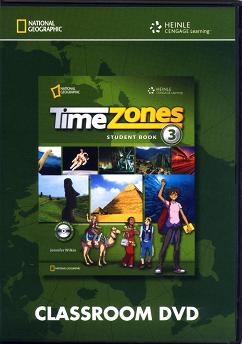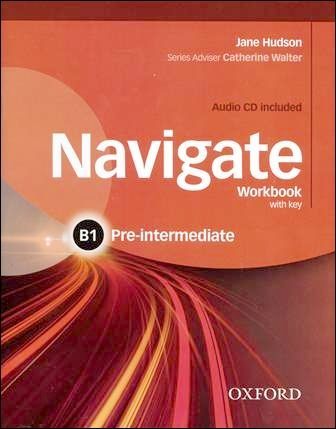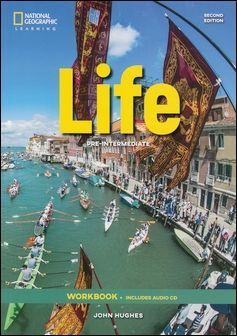書籍分類

Time Zones (3) Classroom DVD/1片
作者:Jennifer Wilkin
原價:NT$ 600
ISBN:9781424061242
版次:1
年份:2011
出版商:Cengage Learning
頁數/規格:DVD/1片
版次:1
年份:2011
出版商:Cengage Learning
頁數/規格:DVD/1片
內容介紹
- Description
- EXPLORE amazing places and fascinating cultures with National Geographic and our team of young global reporters
- DISCOVER the exciting worlds of science and technology, nature, history, geography, and popular culture
- LEARN how to use English to communicate effectively in the real world, by developing both language and critical thinking skills
- Adapted National Geographic content, video and images give learners an understanding and appreciation of other countries and their cultures.
- Four cartoon characters - young reporters - appear in each unit, presenting language and factual information in a fun and engaging way.
- Educational content provides learners with the chance to learn about geography, science, history, animals and nature, as well as developing critical thinking skills.
- Systematically teaches high frequency vocabulary for this age group, as well as high-interest content words, both useful for learners preparing for standardized exams.
Time Zones is a motivating four-skills series for teenagers, with a strong international focus. It combines a communicative approach to learning English with stunning National Geographic images, video, and content. The series features educational content covering four exciting areas: people and places, the natural world, history and culture, and science and education.
With Time Zones, learners will:
The Time Zones 3 Classroom DVD contains four original National Geographic video clips specially adapted for English language learners to be used with the "World Explorer" sections of the student book.
Land of Adventure: People and Places
Bungee jumping, jet boating, zorbing... Take a tour of New Zealand, a country that's famous for its extreme living!
Wildlife of Africa: The Natural World
Experience the sights and sounds of one of the world's most beautiful natural environments -- Southern Africa.
Temples in the Jungle: History and Culture
Angkor was once the world's biggest city, but over time it was lost in the jungle. What happened to it?
Journey to Mars: Science and Education
In 2004, two robot rovers landed on Mars. Their discoveries changed what we know about the Red Planet.






